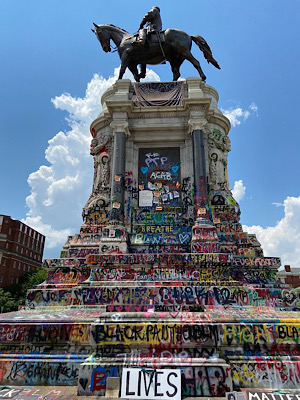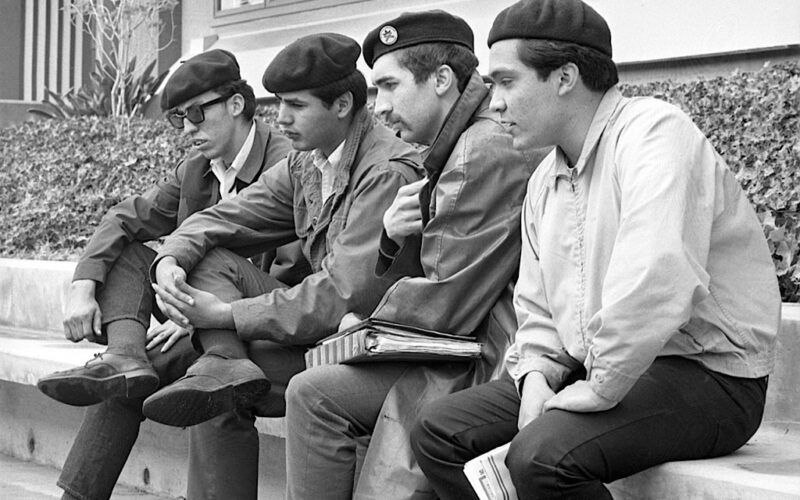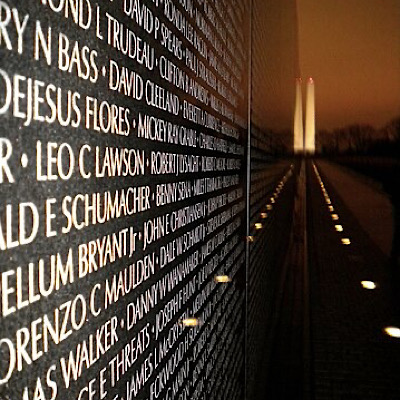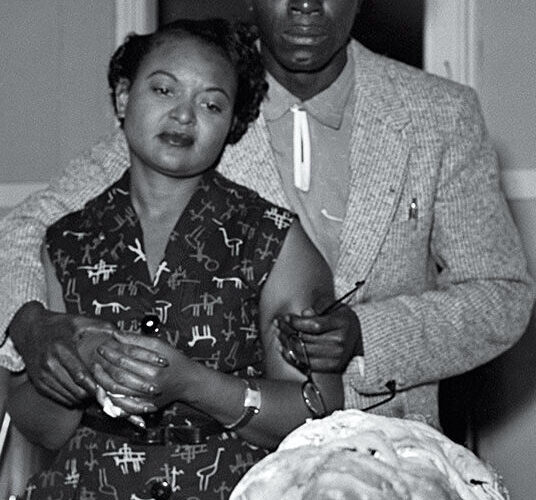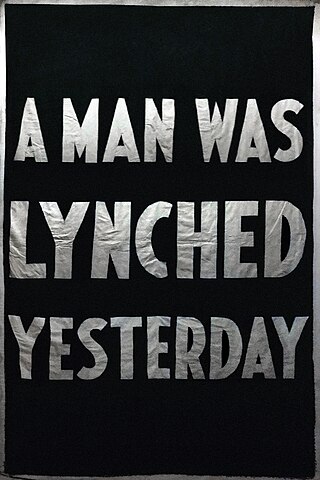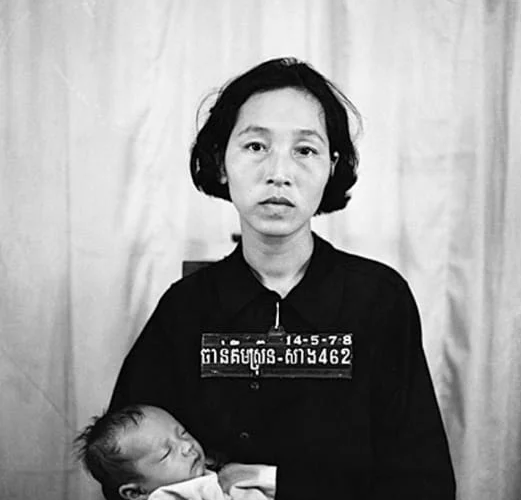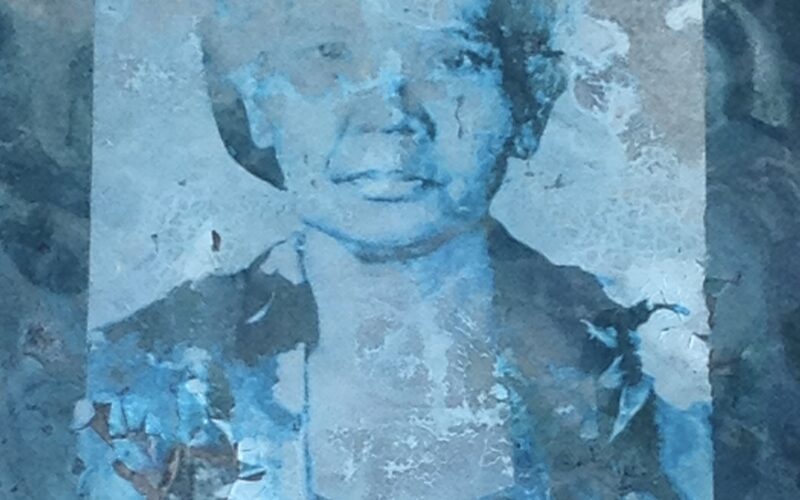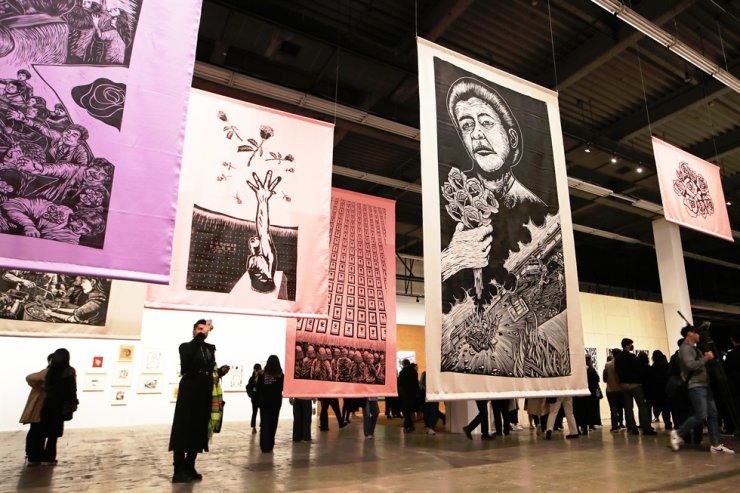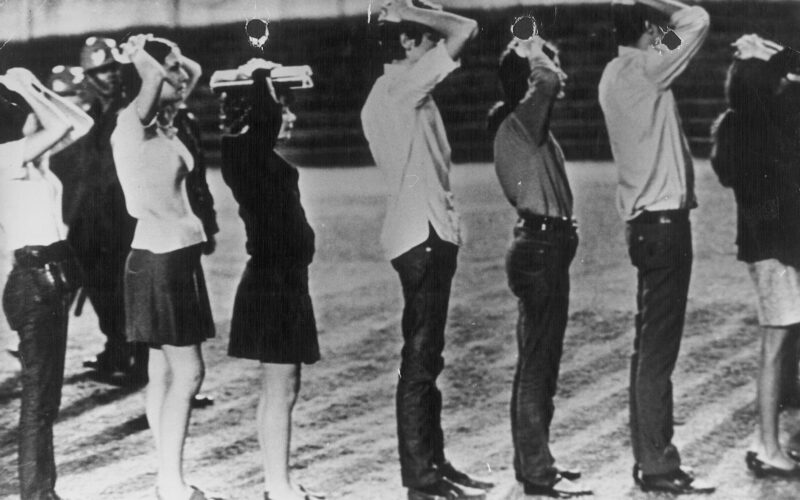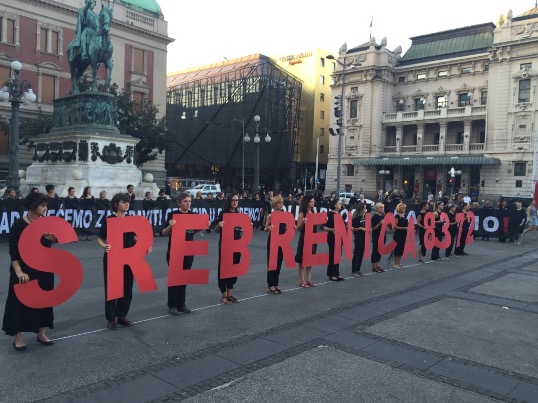Episode 30: Confederate Monuments and the Fight for Racial Justice
Despite the removal of scores of prominent monuments to the Confederacy the vast majority remain firmly in place. For communities to make informed decisions about the future of these monuments they need to have a clear understanding of their past. It was with this objective in mind that University of North Carolina at Charlotte historian…
Read More
